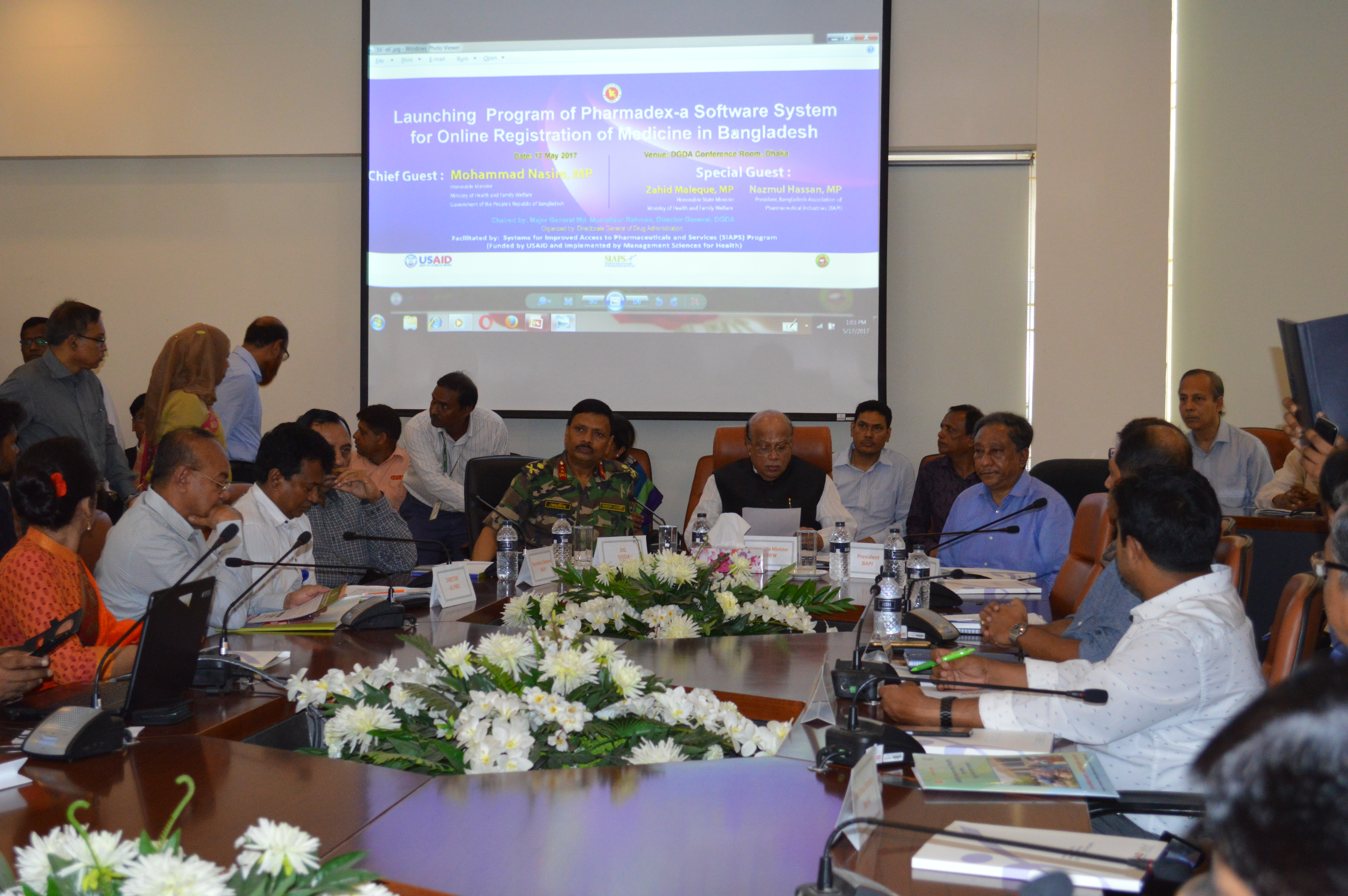SIAPS closes in Ukraine
On June 30, 2017, SIAPS closed its office in Ukraine. Since 2011, SIAPS worked with the Ministry of Health (MOH) and other stakeholders strengthening the country’s pharmaceutical systems and enhancing transparency of procurement practices and rational medicine use. SIAPS provided assistance to streamline medicine selection by harmonizing the essential medicines list (EML). This was done … Read more


